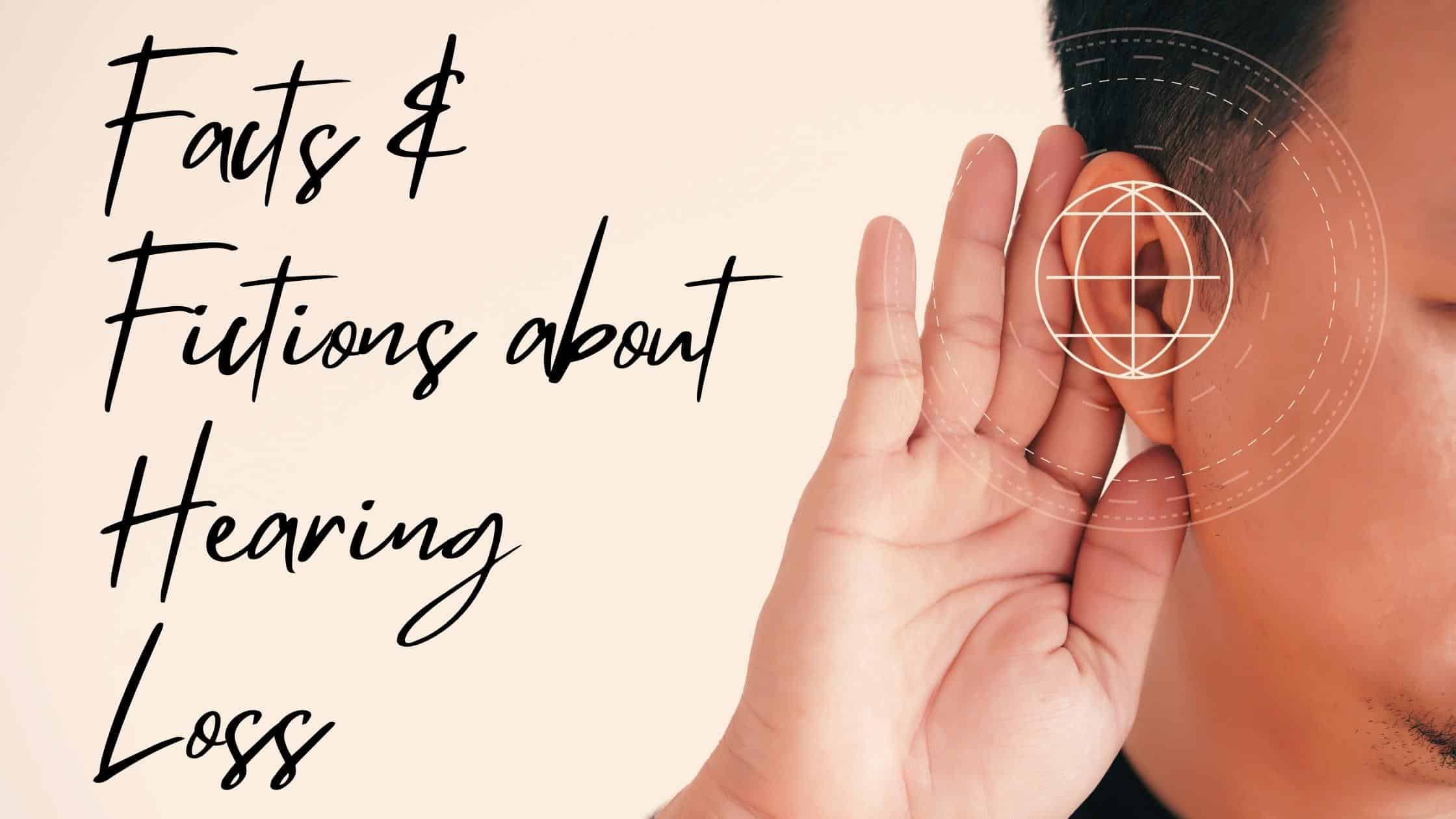
If you or a loved one has hearing loss, it’s essential to understand the facts and fictions of hearing loss. For example, it’s a fact that nearly half of all seniors over the age of 75 have hearing loss, but it’s fiction that doing nothing is the right move. To make sure you know your hearing loss facts, we’re getting to the bottom of a few joint hearing loss myths.
Fiction: Hearing loss only affects older adults
A lot of older adults indeed struggle with their hearing health. Presbycusis, or age-related hearing loss, is one of the most prevalent kinds of hearing loss, affecting half of all seniors.
While it’s true that your ears aren’t as sensitive to sounds as you age, hearing loss can affect anyone, regardless of their age. The Centers for Disease Control recently found that roughly 20% of adults in their 20s have hearing loss. There are a lot of causes of hearing loss other than age, including illness, injury, infection, and certain medications.
The predominant cause of hearing loss among American teens and adults is exposure to loud noise, often from rock concerts, sporting events, and music blasting through headphones during the daily commute, on the bus, or at the gym.
Fiction: If you don’t work in a loud job, you don’t need to worry
Think again if you think having a desk job will save your hearing. It’s not just construction workers or bartenders who struggle with noise-induced hearing loss (NIHL). Mowing the lawn, using power tools to fix your deck, shooting guns recreationally, or spending an evening at the baseball game may all potentially damage your hearing. The louder the sounds and the longer you’re exposed to them, the greater your chances are of sustaining a hearing loss. Be sure to wear hearing protection!
Fiction: You can get by on one good ear
Does it seem like you only experience hearing loss in one ear? Even if you think one ear is excellent, remember that everything is relative. While one ear may undoubtedly hear a bit better than the other, chances are even your good ear isn’t up to snuff. Favoring that ear might help you talk on the phone or have a conversation with your friends, but the reality is that 90% of people have hearing loss in both ears, not just one. Relying on your “good” ear isn’t helping nearly as much as you’d like to think.
Fiction: Hearing loss is merely a nuisance
Hearing loss is annoying, but if you’re tempted to live with it and resign yourself to struggling in conversations for the rest of your life, think again. Not communicating effectively can damage your relationships and leave you stressing whenever you meet your friends for dinner. It leads to frustration, anxiety, and even depression. Not only that but living with untreated hearing loss has been linked to much more rapid cognitive decline and an earlier onset of dementia.
Fiction: You only need hearing aids when your hearing loss is severe
Hearing aids come in all styles, catering to every kind and degree of hearing loss. Even mild hearing loss can be treated effectively, giving you back hearing acuity. Treating mild hearing loss effectively maintains the quality of life and cognitive function. Treating hearing loss early is the key to stopping hearing loss in its tracks. Living with untreated hearing loss leads to further brain damage. The brain areas responsible for hearing specific frequencies are seldom used.
Fiction: Hearing aids make you look old
Modern hearing aids are small, sophisticated pieces of technology, fitting into sleek casings designed to be nearly invisible. Some styles sit deep within the ear canal, leaving the entire ear open. Even behind the ear, hearing aids are getting smaller and smaller, fitting snug behind your ear, matching your skin, and easily hidden beneath your hair. It’s not the hearing aids that make you look older. You’ll appear much older if you’re straining to hear and ask for a sentence to be repeated three times. Untreated hearing loss is much more noticeable than a discreet device.
Do you have hearing loss? Our team is dedicated to providing quality hearing care, from assessments to consultations and fittings. Visit us today to learn a few more facts about hearing loss and find the device that will fit perfectly into your life.
